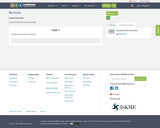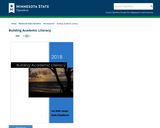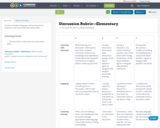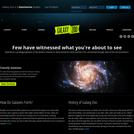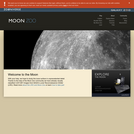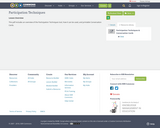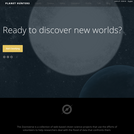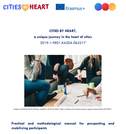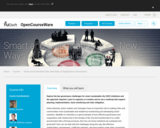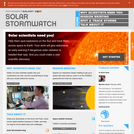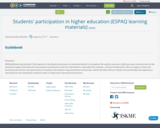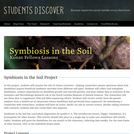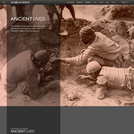
For classics scholars, the vast number of damaged and fragmentary texts from the waste dumps of Greco-Roman Egypt has resulted in a difficult and time-consuming endeavor, with each manuscript requiring a character-by-character transcription. Words are gradually identified based on the transcribed characters and the manuscripts' linguistic characteristics. Both the discovery of new literary texts and the identification of known ones are then based on this analysis in relation to the established canon of extant Greek literature and its lexicons. Documentary texts, letters, receipts, and private accounts, are similarly assessed and identified through key terms and names. Furthermore, an immense number of detached fragments still linger, waiting to be joined with others to form a once intact text of ancient thought, both known and unknown. The data not only continues to reevaluate and assess the literature and knowledge of ancient Greece, but also illuminates the lives and culture of the multi-ethnic society of Greco-Roman Egypt.
- Subject:
- Ancient History
- History
- Material Type:
- Interactive
- Provider:
- Citizen Science Alliance
- Provider Set:
- Zooniverse
- Date Added:
- 02/26/2016
